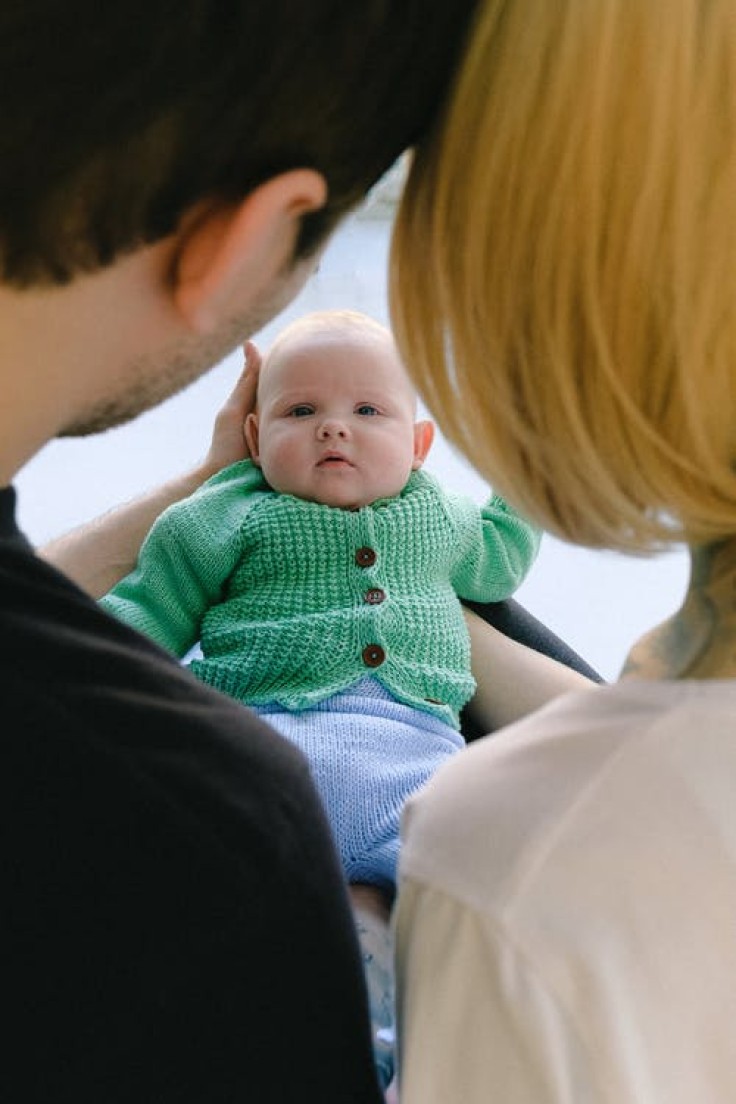
Not all families have an equal gender ratio, some has more women and some has more males. Your own family may be prone to give more birth to one gender over the other, and it gets you thinking if it is genetics or if it is all up to chance.
Some scientists suggests that being prone to have more women or men in the family is inherited through the father, but there had been no gene identified to prove this theory. Other scientists have suggested that it all boils down to traits that are inherited and it could have an advantage on one gender over the other.
It has also been suggested that beautiful parents are prone to give birth to girls and tall parents are prone to give birth to boys, but this theory has not been proven and was criticized. And another theory suggests that the gender of the child depends on the hormones of the parents at the time of conception.
Multiple children of the same gender in a family
A new study showed that the gender of the child in the family is all down to chance. This study examined the whole population of Sweden since 1932 and no pattern nor trait was discovered to suggest otherwise.
According to the co-author of the study, Dr Brendan Zietsch from the University of Queensland, if you have more boys in your family or more boys, it is just a coincidence. In other animals, the gender ratio is not random, which is why scientists thought that human offspring gender ratio is not random too. But Zietsch added that the whole idea had issues because most theories were about the quality of the father's sperm, but it is never proven and there is no biological mechanism that would let you have more boys or girls in the family.
In the study, the used the information from Swedish birth registries and the researchers compared whether siblings tend to give birth to children of the same gender. Their analysis ruled out the possibility that traits of the parents had any influence on the chance of having more girls or boys in the family.
Dr. Zietsch said that since siblings share 50% of their genetics, they wanted to know if genetic underpinning plays a role in the offspring's gender determination and if there is a connection between siblings in regards to the gender of their children. But siblings did not have children of the same gender and the probability of having a boy or a girl did not depend on whether the other sibling had a boy or a girl.
Other factors
Although there is not specific hormone that can determine whether you can have a boy or a girl, a 2012 study suggests that lack of food on women can cause them to bear more daughters. This study is correlated to the Great Leap Forward famine in China. There are also scientists that said climate change can alter the gender ratio. Even though the evidence is not concrete,Dr. Zietsch said that this theory must not be ruled out.
ALSO READ: Baby Gender Prediction: Are You Having A Boy Or A Girl?